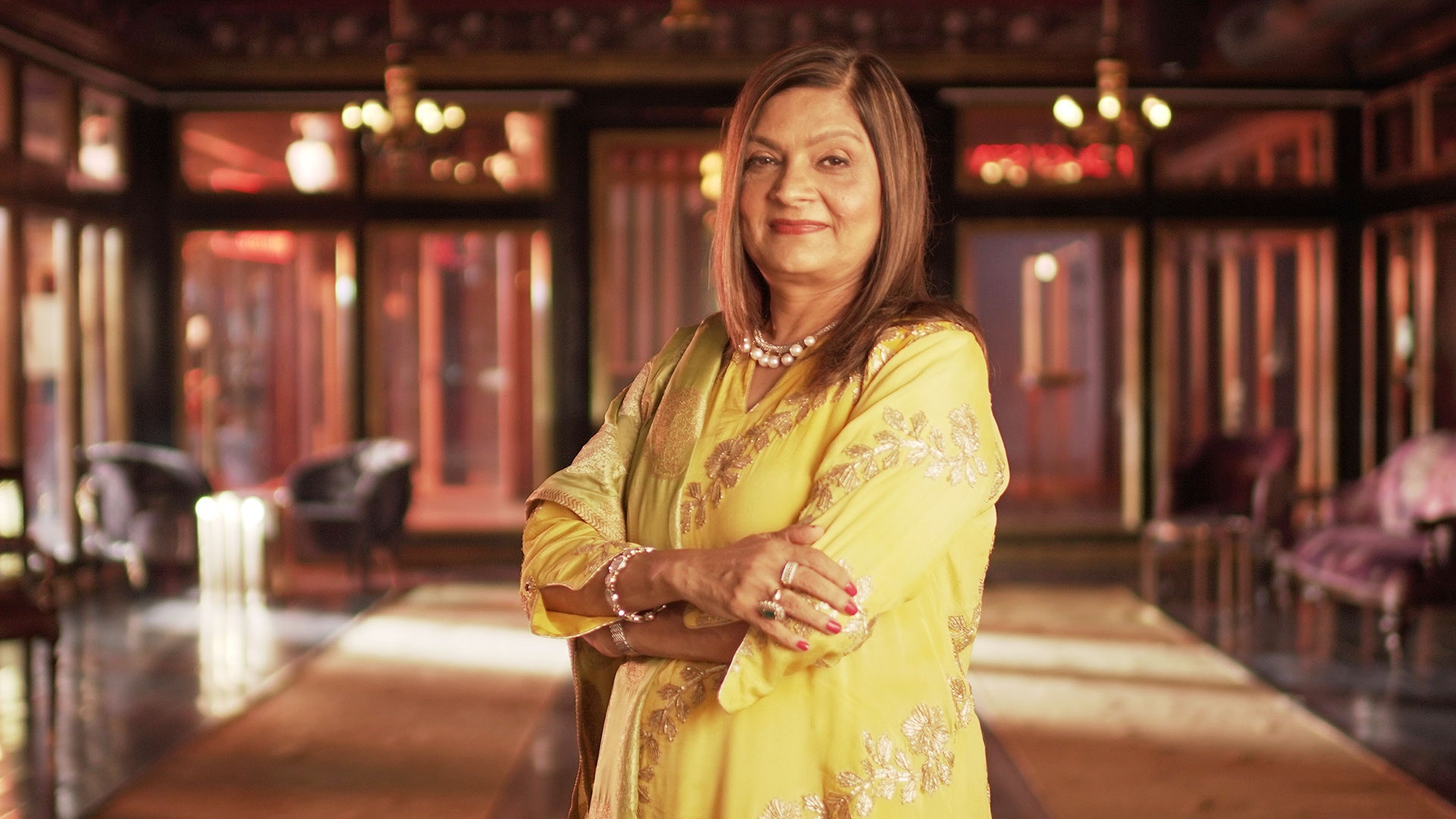While arranged marriages do continue to find favour among many, the nature of it has changed in many ways today.
The talking point on social media this week was the web series ‘Indian Matchmaking’ getting an Emmy nomination in the Outstanding Unstructured Reality Programme category. Indian Twitter went into a tizzy that a reality show about Indian arranged marriages could actually get an Emmy! While Indian American director/producer Smriti Mundhra must be elated, Indians less so apparently. The other notable American of Indian heritage who is up for an Emmy is Padma Lakshmi, nominated for her Bravo TV show ‘Top Chef’ which she has been associated with for many years now.
Smriti Mundhra is an Oscar-nominated filmmaker and zeroing in on Indian arranged marriages as the subject for her Netflix series seems a little surprising. While in India, progressive and liberal men and women are trying to move away from the concept of ‘arranged marriage’ which perpetuates the caste hierarchy, here comes along a show that celebrates this discriminatory practice and in fact, glorifies it as being as the ‘best’ method of finding a partner for the prospective bride or groom. Obviously, the conservative and traditional will vouch for the success of arranged marriages but this is highly debatable. Matchmaker Sima Taparia and co liberally throw in words like ‘picky’, ‘fussy’, ‘stubborn’, ‘rude’ and ‘flexible’ to describe the prospective groom or bride in this proposition that commoditises the individual. Some pronounced that the ‘ugly truth’ of arranged marriage has been finally revealed but did ‘Indian Matchmaking’ really do that one wonders.
While arranged marriages do continue to find favour among many, the nature of it has changed in many ways today. The more important point is whether this ‘Indian Matchmaking’ is what India stands for and whether this is what we want to depict to the world as being Indian. But then show business is a business and if a show like this sells, then there’s always someone ready to produce it. Even if it highlights an ancient tradition that many Indians are trying to move away from — literally and figuratively.
Coming to Padma Lakshmi, she is a celebrated author, activist and TV host in the United States as we all know. Born in Chennai, she moved to the US when she was four and the rest, as they say, is history. While it is exciting to see someone with Indian roots get nominated for an Emmy, Padma Lakshmi’s celebration of south Indian food left a somewhat sour taste in the mouth. She went on Ellen Degeneres’ show a few years back and shared a recipe for curd rice (thayir sadam) making it in the process on the show. One loves curd rice (yoghurt mixed with rice) but is this what one would want to present to the world as our heritage? South Indians literally cringed at this — of all the recipes in the world, why would she pick this said some, while others just dismissed it as gimmicky.
Padma Lakshmi is friends with noted comedian, writer and producer Mindy Kaling (who has roots in India too) and has stated that she feels proud that Kaling represents the south Indian community. Kaling has won numerous awards for her work including six Emmy nominations. But again Kaling making dosa (from a readymade matter to boot) with VP Kamala Harris (whose mother is from Tamil Nadu) left a lot to be desired and many south Indians cried foul at the ‘dosa’ she made.
While all these women are celebrated for their work and should be proud of their achievements and success, the representation of their roots is somewhat disappointing. Ultimately as an Indian, one wouldn’t want to be known just for arranged marriages and as a south Indian, for curd rice and dosa. Isn’t this about perpetuating age-old stereotypes but now on international platforms where people already see India as a country with poor people riding around on elephants?
Next time round, perhaps they could look at shows about the increasing number of marriages between Indians and Westerners and why they are successful or the challenging lives of Indian Americans who have adopted white children. They could also perhaps cook up a mean Chettinad Attukari Kuzhambu (lamb meat gravy) or Chemmeen Moilee (prawn gravy) on Oprah or Ellen. But then perhaps they prefer all that is bland and tasteless unlike Indians who want everything filled with spices and masala — including life!

